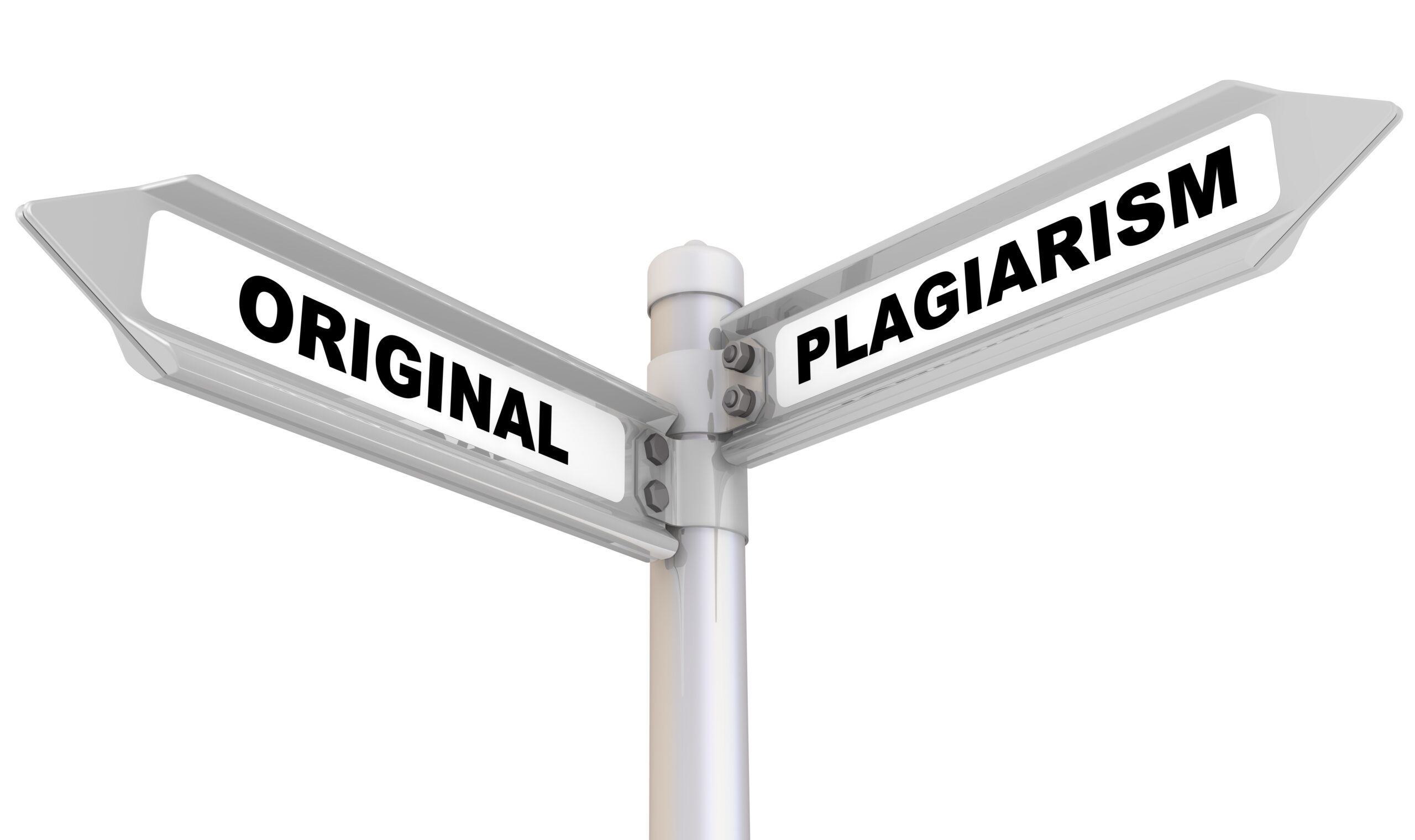Background on Plagiarism
Plagiarism is when using someone else’s work or ideas without attributing that to them. Plagiarism is a serious academic offense as it undermines the trust and integrity of scholarships and research. Getting caught with plagiarism can have huge consequences on your personal, academic and professional life, destroying your reputation, credibility and may land you in legal trouble.
Claudine Gay Plagiarism Allegations
Claudine Gay, the former president of Harvard University, got tangled in a web of plagiarism allegations leading to her resignation. These claims got stirred up by right-wing activists and detailed by journals like The Washington Free Beacon. In response to these allegations, Gay stood strong by her work’s integrity.
Gay is accused of 47 plagiarism allegations so far. A big one, called out in a 2001 article, showed major borrowing from scholar David Canon, with no attribution. Other allegations were related to Gay’s dissertation and published papers that mostly included copy-paste from other scholar’s papers with slight tweaks. Some of her work that has these allegations are a housing tax credit paper, her 2017 paper “A Room for One’s Own? The Partisan Allocation of Affordable Housing”, her 2001 paper and dissertation.
Gay’s resignation amid these allegations has led to a bigger debate about plagiarism and academic integrity, especially when it comes to how universities deal with these issues at the highest levels of their administration.
Keith Altman’s Perspective on the Allegations
Education Attorney, Keith Altman, commented on these allegations on NBC 10 Boston, saying, “It is pretty clear that it is plagiarism because it matches other works.” Altman, however, didn’t jump to a conclusion that it was an intended act of hers, acknowledging that it could either be an attempt to deceive or simply a case of sloppiness.
In his statement, Altman gets down to the fact that the evidence of plagiarism in Gay’s work was there. That’s a big red flag for plagiarism – when your work’s looking like a mirror image of someone else’s without crediting back to them, and such matching is a fundamental criterion in identifying plagiarism.
But to keep it fair, Altman, without making assumptions about Gay’s intentions, mentions that plagiarism can occur for various reasons. At one extreme end, it could be intentional fraud knowingly claiming others’ ideas as their own, which is considered more severe, as it reflects a violation of academic ethics.
At the other extreme, there is what Altman calls ‘sloppiness’. This happens when someone doesn’t stick to academic standards in their work, maybe because they overlooked something or weren’t careful enough with their references. These cases might not come from a desire to trick people, but more from a slip-up in academic carefulness. This type of plagiarism might be considered as a failure of academic discipline rather than outright academic dishonesty.
Altman’s balanced point of view calls out not only for identifying plagiarism, but also digging deeper to why it happened. Academic integrity violations are not black and white. It requires detailed and thorough investigations to differentiate intentional deceit from careless academic practice and considering not just the act of plagiarism, but also the intentions and circumstances surrounding it.
Political Motivations and the Academic Community’s Response
The plagiarism allegations against Claudine Gay isn’t just about the academics; it’s got a political twist too. The conservative activist Christopher Rufo has been a key figure in pushing these claims. He straight-up said he wanted Gay out and he created a three-pronged strategized campaign against her using media, financial pressure from donors, and political leverage through Congress. His plan was to get this story all over the place, leaning on center-left political and intellectual figures to publicize it, putting pressure on Gay to resign.
The academic community, though, isn’t all in on these allegations. Harvard’s higher management backed Gay, admitting some citation blunders but not calling it research misconduct as per Harvard’s standards. Gay herself stood her ground, vouching for her work’s integrity.
Harvard’s response to the allegations has been a rollercoaster, first ready to sue the New York Post for defamation of Gay, then admitting some citation slips after an independent review requested by Gay herself. The university said that Gay would correct her publications. This shift in how the university was acting got more eyes on them, raising more issues about how they were dealing with the whole copy-paste situation and making the whole debate more complicated.
Some scholars whose work Gay supposedly plagiarized didn’t make a big deal out of it. Like, Anne R. Williamson admitted it was plagiarism of her work but didn’t see it as a big issue and is fine with Gay fixing it. Same from Lawrence Bobo, Harvard’s dean of Social Science, and Franklin Gilliam, the chancellor of UNC at Greensboro. They didn’t even think what Gay did counted as copying. So it looks like there is a perspective within the academic community that doesn’t see the whole thing as a huge deal or even as real plagiarism.
The Bigger Picture: Fairness in Academic Evaluation
This Claudine Gay story is more than just one person’s issue, spotlighting how fairness works in academic evaluation. There is this concern that students get tough consequences for plagiarism while faculty or administrators might get a softer touch if accused of Academic misconduct. This double standard negatively affects the whole idea of equality and honesty in schools and colleges.
There’s a loud call for a standardized, transparent way to deal with academic misconduct, making sure everyone, no matter how high up, gets the same treatment. Setting up this kind of standard is key to keeping the trust factor in educational institutions. It’s about teaching everyone – students and teachers alike – to be fair and respect other people’s brainwork.
If you’re accused of academic misconduct, contact K Altman Law or call us at 888-984-1341 to speak with a legal advisor.





